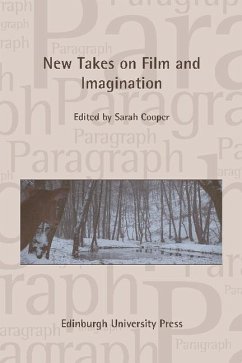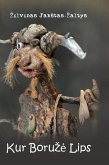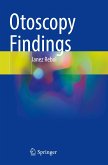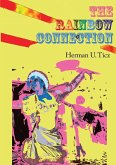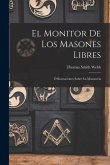Brings together an international range of film scholars whose current research engages with contrasting theoretical and philosophical approaches to imagination. In contemporary film theory, cognitivist specialists have demonstrated the most sustained interest in imagination, pioneering an earlier wave of scholarship on this topic, principally with reference to spectatorship. In the 1990s, investigations into identification and mental simulation on the part of spectators (Gregory Currie) and the theorization of viewers as imaginative agents (Murray Smith) spearheaded just some of the studies of imagining as a cognitive process, which took as their principal object of analysis mainstream cinema. This volume acknowledges the inspiration of earlier cognitivist accounts and is not conceived as a break with the old. It does seek, though, to explore questions that were not covered in that earlier research and thereby further cognitive enquiry, as well as open consideration of film and imagination to other theories and philosophies, in addition to a broader selection of films. Key Features . Features discussion of theoretical and philosophical explorations of imagination as they relate to questions of spectatorship, film form, and cinematographic time. . Ranging widely in historical and geographical purview, and intersecting with political and especially ethical concerns where relevant. . Includes solely theoretical pieces in addition to close analyses of particular films, with examples from documentary through art house and experimental to narrative cinema. . The contributors have contrasting takes on the relation between film and imagination, but all are united in recognizing its richness as a topic for current and future research. Sarah Cooper is Professor of Film Studies at King's College London. Her books include Selfless Cinema?: Ethics and French Documentary (Oxford: Legenda, 2006); Chris Marker (Manchester: Manchester University Press, 2008); The Soul of Film Theory (Basingstoke: Palgrave Macmillan, 2013); and Film and the Imagined Image (Edinburgh: Edinburgh University Press, forthcoming 2019).
Hinweis: Dieser Artikel kann nur an eine deutsche Lieferadresse ausgeliefert werden.
Hinweis: Dieser Artikel kann nur an eine deutsche Lieferadresse ausgeliefert werden.

